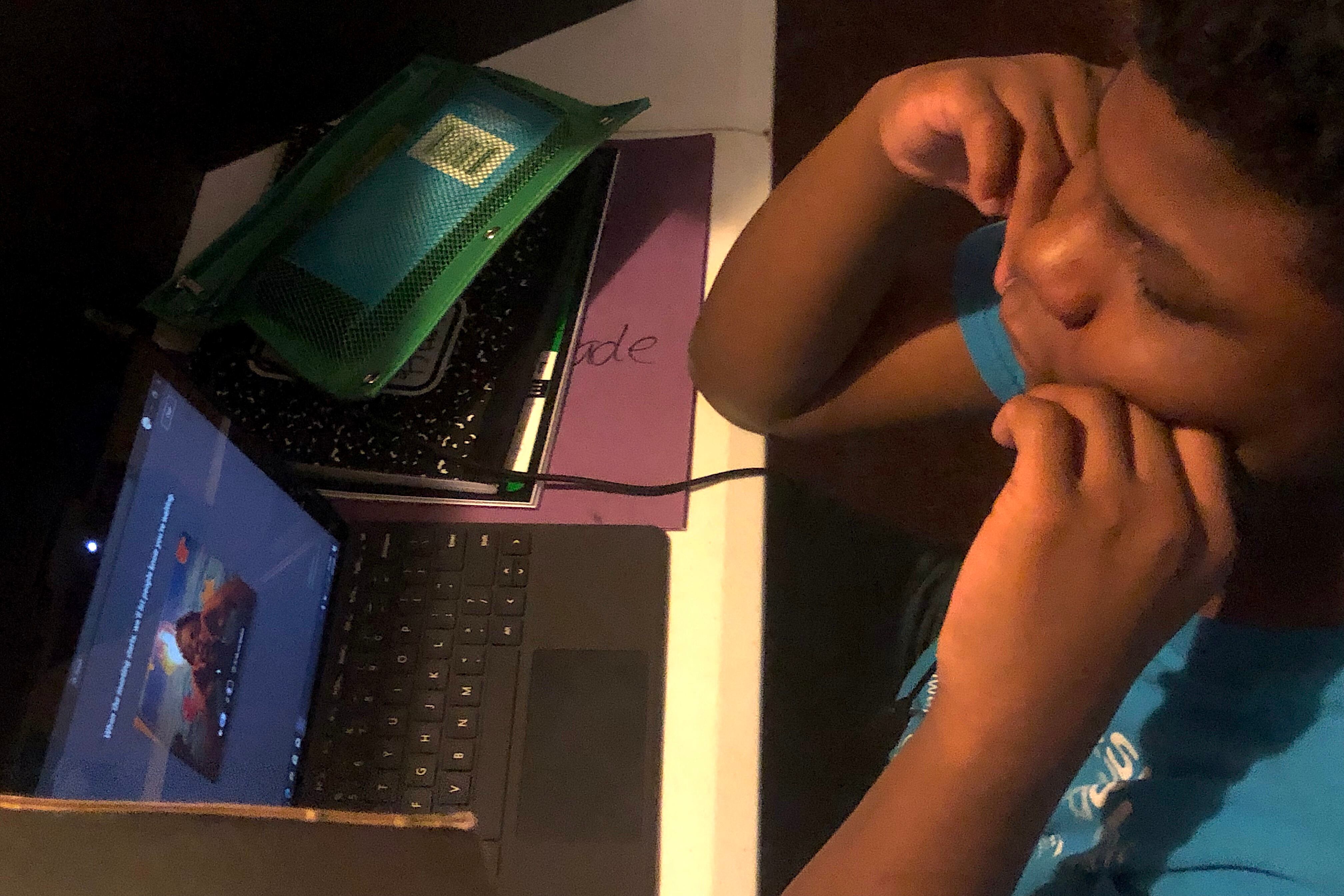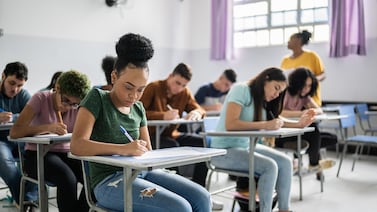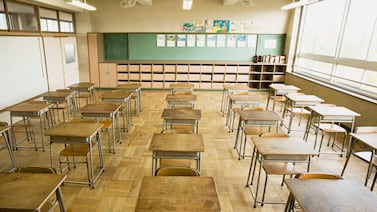The Detroit school district is considering extending free internet services until June, which it says is crucial for nearly 50,000 students to continue learning online.
The plan also includes purchasing 5,000 additional Wi-Fi mobile hotspots and laptops for students who didn’t qualify to receive a tablet through an earlier philanthropic effort.
The additional cost to the district is about $5.6 million and will be paid for using federal coronavirus relief funds.
Some service plans were set to expire in December so school officials knew they would need to expand internet access for eligible students who received free tablets and six months of Wi-Fi.
But the district’s latest action is an effort to help all students participate in virtual learning, including those who were not eligible for the philanthropic effort.
“We’re trying to think ahead,” Superintendent Nikolai Vitti told school board members during Friday’s finance subcommittee meeting. The proposed expansion is scheduled to go before the full board for a vote in December.
The Detroit Public Schools Community District shifted to full remote instruction until at least January because rising COVID-19 cases in the city made in-person learning too great a health risk. Many other Michigan school districts are also abandoning in-person learning plans.
About 25%, or 10,000 students, Vitti said, opted to learn face-to-face when the school year began. It’s unclear how many of these students will lack adequate technology and internet access once they transition to remote instruction.
When school buildings closed in the spring, the district estimated that only 10% of students had consistent access to internet and technology for online learning. In April, Detroit’s top business and philanthropic leaders provided free tablets and six months of Wi-Fi access to most district students, with a goal of eventually providing all 50,000 students with the technology. The initiative began in June, and about 45,000 devices have been distributed.
A small number of students and parents have complained about cracked screens, broken keyboards, trouble with microphones, and some devices not turning on, according to data from the district that shows that an average of 1,300 devices are waiting for or receiving support at any one time. That’s about 3% of the devices.
Board member Misha Stallworth said during Friday’s meeting she had heard student complaints over the tablets’ internet speeds, highlighting one student’s use of the tablet’s web camera during class slowed down connectivity.
Vitti said some students are living in buildings where maintaining an internet connection is difficult.
“It’s an obstacle we can’t necessarily help the family overcome,” he said, noting that improving connection in those homes may require building renovations.
To provide more immediate help, the district plans to open technology and community resource hubs at 13 district schools beginning Dec. 1. Families can go to the hubs for tech support, device repair and replacement, and assistance with navigating online learning platforms. The district also partnered with a technology-focused community partner human-I-T to provide tech support over the phone.







